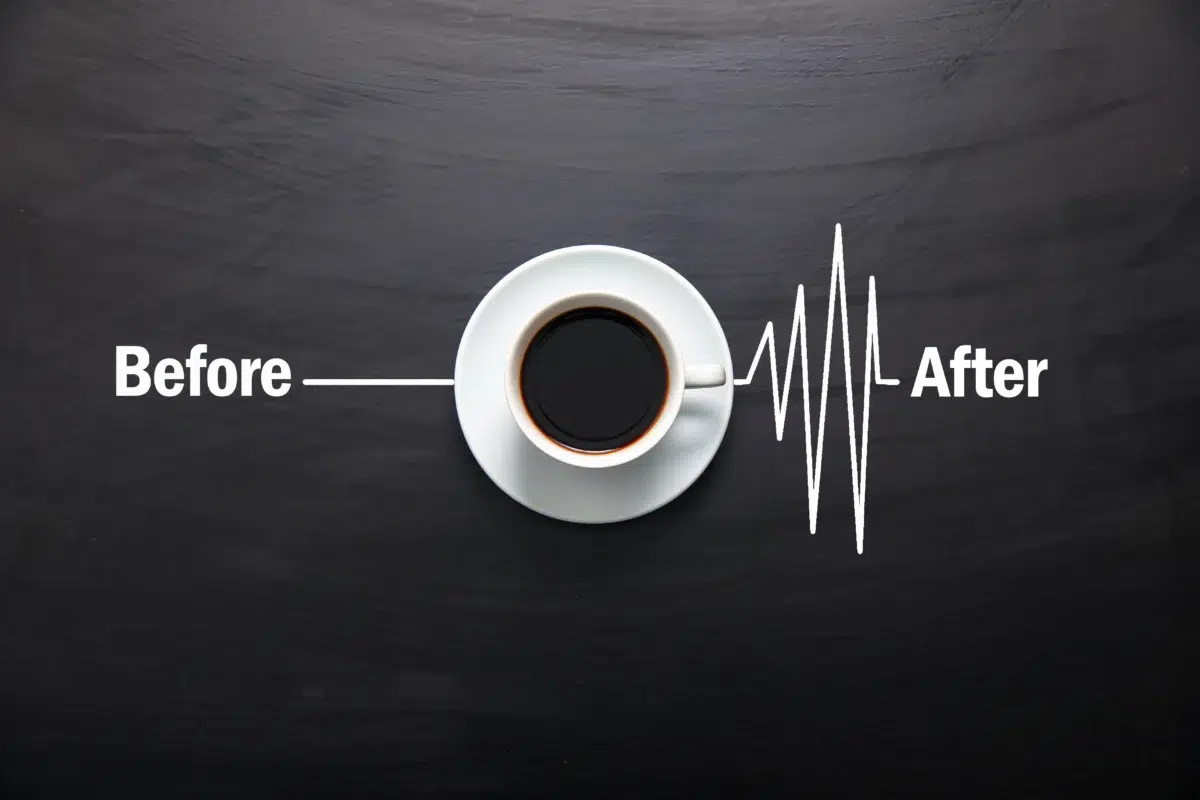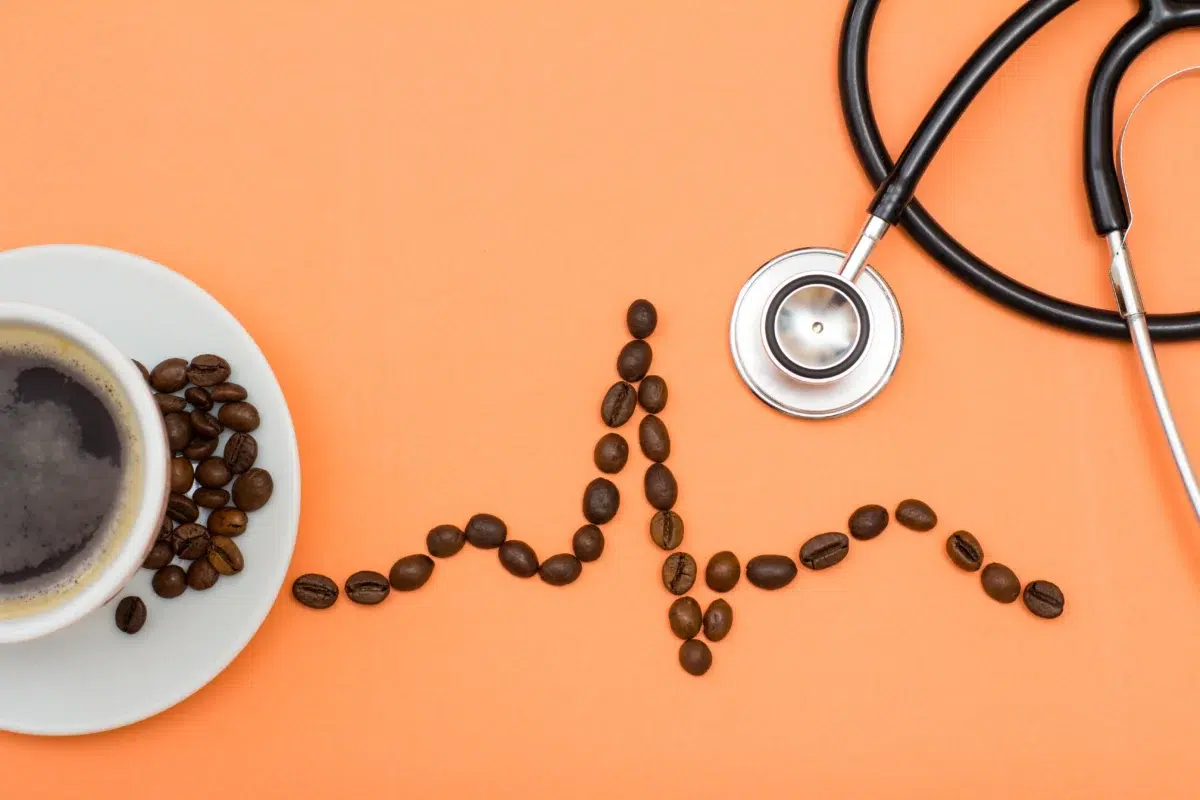Benefits of caffeine for mental and physical functioning

Coffee is undeniably one of the most popular beverages in the world, with many lovers, SPARZZ reminds you that regular drinking of caffeine, without misusing it, is positive for a number of different reasons, Let’s show you the obvious benefits of caffeine.
Benefits of caffeine
One positive effect of caffeine intake is to protect our neurons, and increase the dopamine content in our brain, which increases our ability to be alert, awake, motivated, and, with caffeine being consumed in balance, has been scientifically proven to protect us from depression.
Caffeine improves our response time, enabling us to respond more quickly to unexpected events, seems to make it easier for us to make correct use of our memory, and also reduces the feeling of fatigue or drowsiness.
Benefits of caffeine and its effect on creatures in nature
Caffeine is naturally found in many plants, and it also has an impact on animals and insects such as bees, so a study was conducted on this wonderful creature by giving it caffeine, as part of a reward, and it was found that bees rewarded with caffeine are three times more likely to remember the smell of flowers versus bees than the same study rewarded with sucrose only.
Caffeine has enhanced neuronal responses to bees that engage in learning and olfactory memory, and plants have developed this ability to deliver small concentrations of caffeine naturally in their nectar to boost bee memory, which in turn ensures pollinator accuracy and improves reproductive success.
Caffeine has a bitter taste for mammals and is toxic and repellent to bees in high concentrations. If bees detect flowers that provide caffeine in their nectar with high concentrations, they avoid them, In this study, bees have turned their attention to plants with low caffeine concentrations that are not repellent to insects.
Benefits of caffeine for the brain and its role as a booster
Caffeine stimulates dopamine secretion in the brain in a certain way to avoid negative effects that are clearly related to thought and feel good. Caffeine generates feelings of well-being in us, It acts as a booster because even before drinking it makes us feel good. And although the taste of caffeinated beverages for some people isn’t the taste they like, so many of us like espresso much that we’ve already forgotten the bitter taste we were getting the first time we drank it.

Caffeine and reduced drowsiness
When we drink caffeine, we avoid drowsiness but only for a short time. We borrow time and energy that we will have to pay later, Caffeine does not prevent sleep.
How much caffeine is appropriate?
Caffeine is a powerful substance for the benefits of mental and physical functioning, but an important aspect to consider is the dose of caffeine to take.
It should be mentioned that not everyone responds in the same way to the same dose of caffeine, usually associated with body weight, and generally, the recommended dose is 1-3 mg of caffeine per kilogram of body weight.
If you’re not used to drinking caffeine, it’s best to start at the lowest dose, that’s to keep the benefits of caffeine in your body without worry
But how much caffeine does a cup of coffee contain?
Well, this depends on many factors, such as the type of coffee, the type of pill, and the method of preparation, however, a study considers that a standard cup of coffee should contain 128 mg of caffeine if it is made at home, and 180 mg if the coffee is made in a machine, or a professional cafeteria.
Thus, for a person who weighs 80 kilograms, the recommended amount would be between 80 and 240 milligrams of caffeine, and taking more than the recommended dose could cause problems for the body.
Delaying your first coffee is positive
He recommends that you delay your first coffee a day to at least 90 to 120 minutes after waking up most days.
Caffeine, we said, helps increase our attention, so why delay it? In fact, if we drink coffee immediately when we wake up, we’ll be on alert, and this could have negative consequences, it could cause a sharp drop in our energy after we eat.

Many people address the issue by drinking more coffee after eating, but it can also have negative effects, and according to some experts, drinking caffeine in the afternoon also negatively affects nighttime sleep quality.
If we delay taking caffeine for the first time, we will be able to increase attention in the morning and we will not have a breakdown in energy immediately after eating, caffeine is a substance with great benefits, but if we take it right, also we have here at SPARZZ, lots of products containing caffeine, to recognize some of it press (here), And don’t forget the benefits of caffeine.
